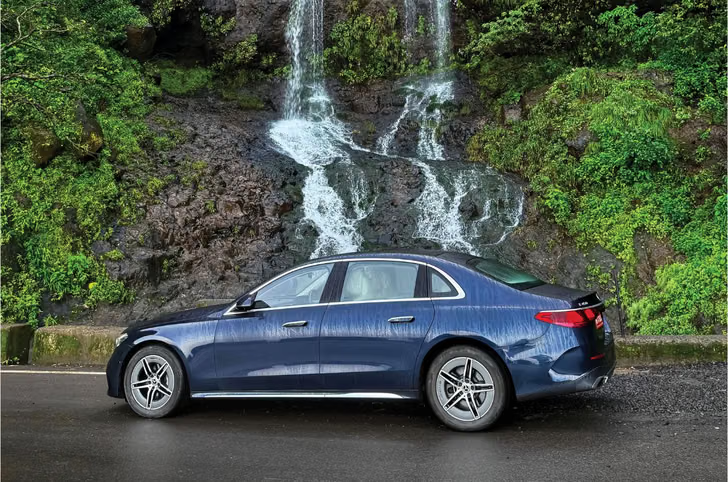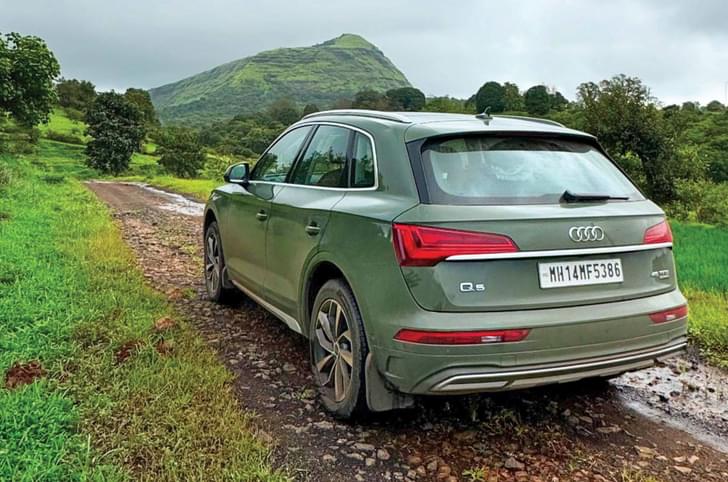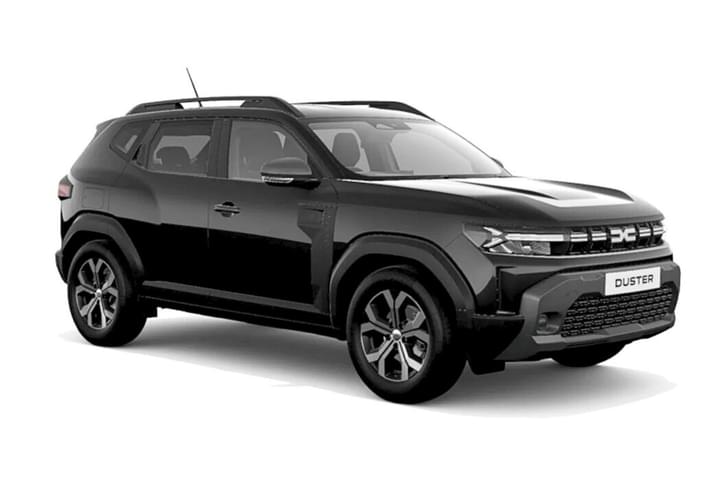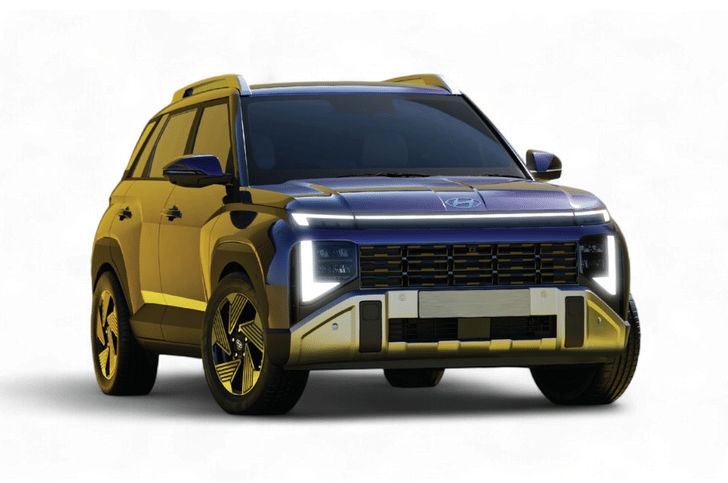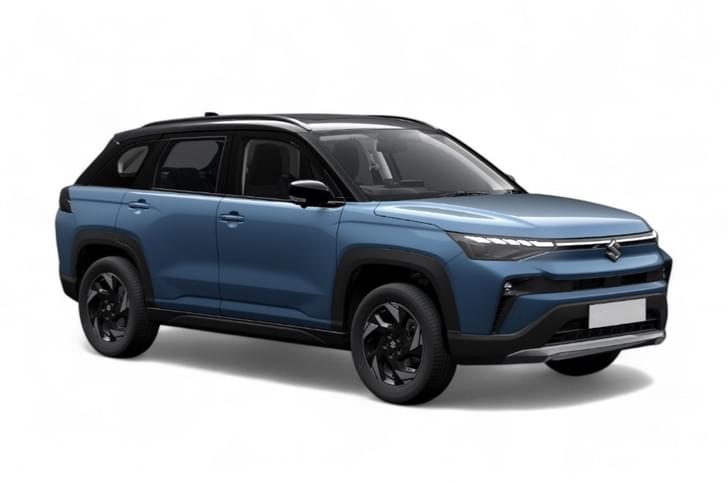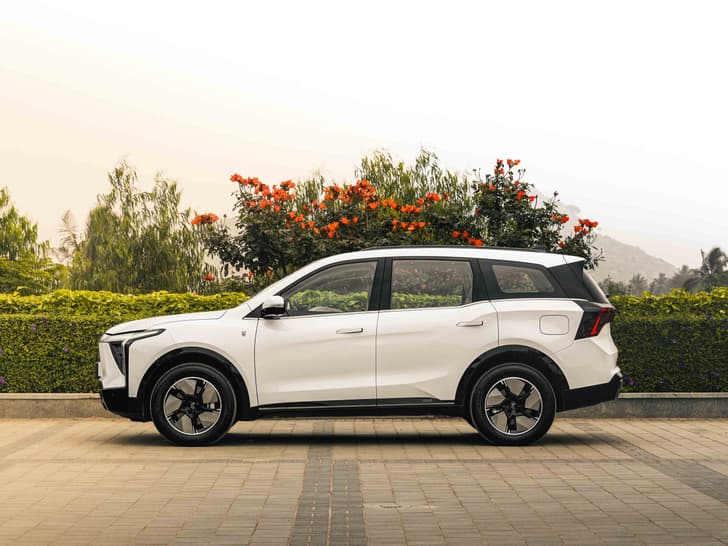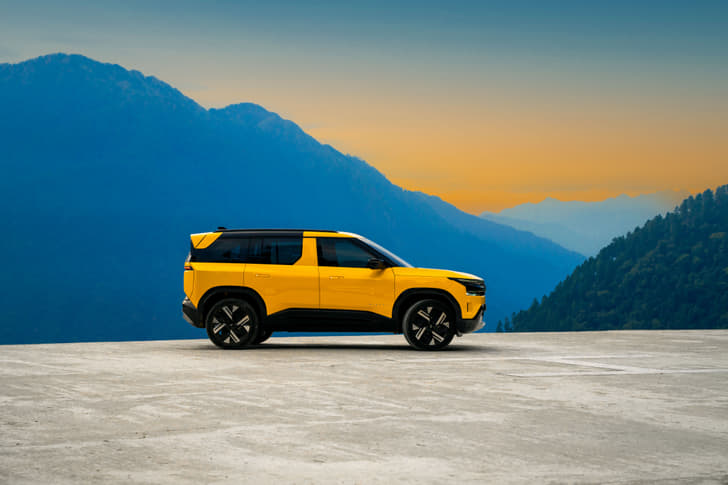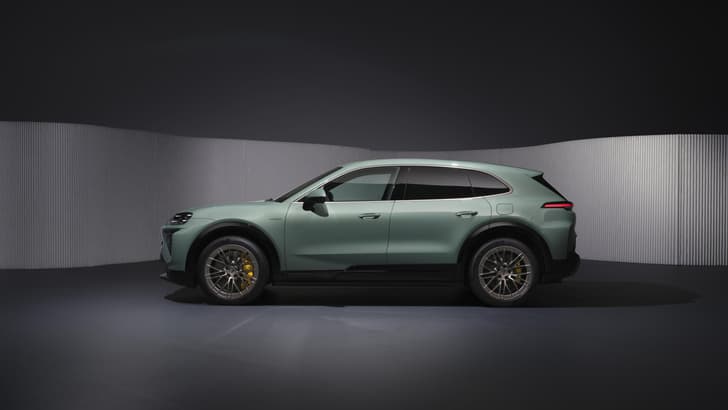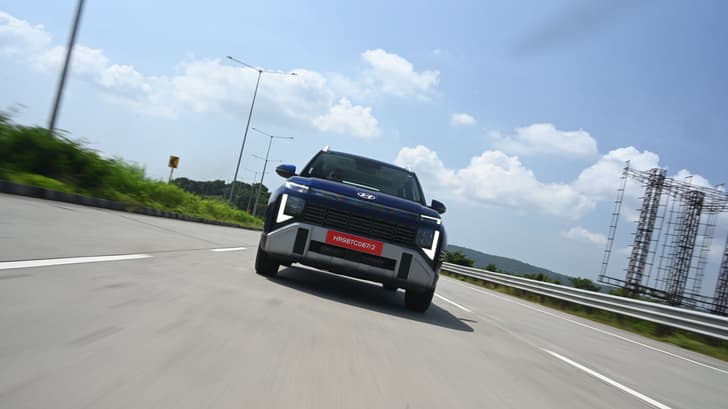Way back in March, I did something uncharacteristically bold – I found a new home for myself. The paperwork was signed, small repairs carried out, and all that was left was for me to pack-up my stuff and move in. It was at this point that I asked Sergius if I could borrow the long-term Renault Triber he was using, because I had heard it could pack in a surprising amount of stuff. The last time I moved to a new house, I had used our long-term Lodgy Stepway and did the whole thing in one trip. I was curious to see if its little brother could manage the same feat.
And then, out of nowhere, the lockdown hit, the move was delayed, and what was meant to be a one-off outing with the Triber turned into a four-month live-in relationship. Never before has a car parked in my driveway been driven so sparingly, but then such were the times. With all the rules in place, it was ‘geofenced’ to within a 2km radius, six of its seven seats always empty. I learnt a great deal in this time about the Triber’s quirks and nuances, but I’ll save those for another report.

In July, the city opened up, and it was time to make the move. Bravely (and foolishly), I rejected all outside help. I stacked my entire life into what I felt was a Triber-sized pile, and then went down to prep the car. As with the Lodgy, the third row can be removed entirely, and it’s an even easier process this time. With a quick few folds and bends, it decouples into four pieces – two backrests and two squabs – and they stow neatly into a pair of carry bags. Amazing!
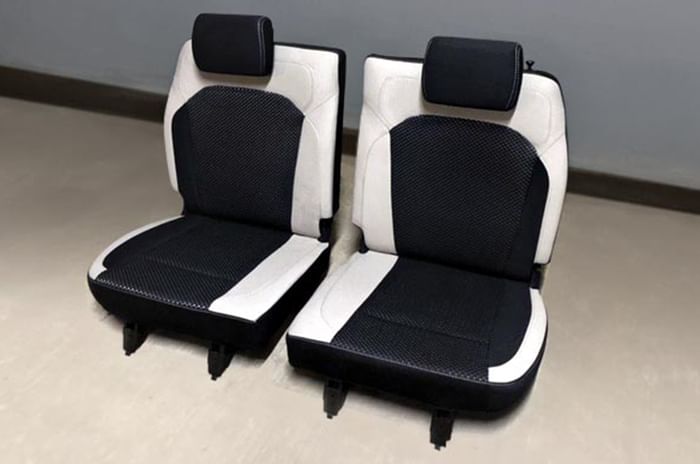
The second row, however, was a little less accommodating. It’s a 40:60 split bench, and while the kerb-side single seat tumbles forward until it’s pressed up against the first row (to let passengers into the third row), the bigger part on the right side doesn’t even fold down all the way, and only slides forward slightly. What you’re left with is quite a bit of unusable space in the loading area, and I can’t help wondering how much more it would’ve cost to apply the same tumble-forward mechanism to the whole bench, than just the left side.
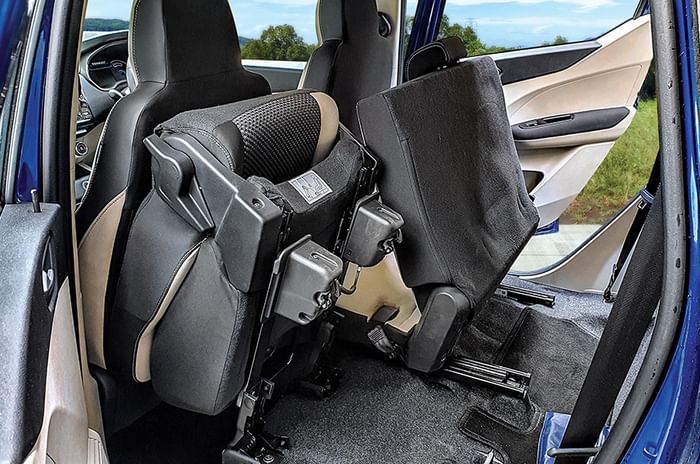
Still, one hour and a sore back later, using packaging skills to rival Renault’s own engineers’, I’d crammed almost all my stuff in – a very large desk, two huge suitcases, a 40-inch TV, lamps, boxes, a guitar, a few kitchen appliances and several miscellaneous smaller items. Only one small cabinet didn’t make the roster. Though the seat layout may limit things, the Triber’s tall, boxy, space-efficient design means you can stack things to the ceiling, which is what I did.
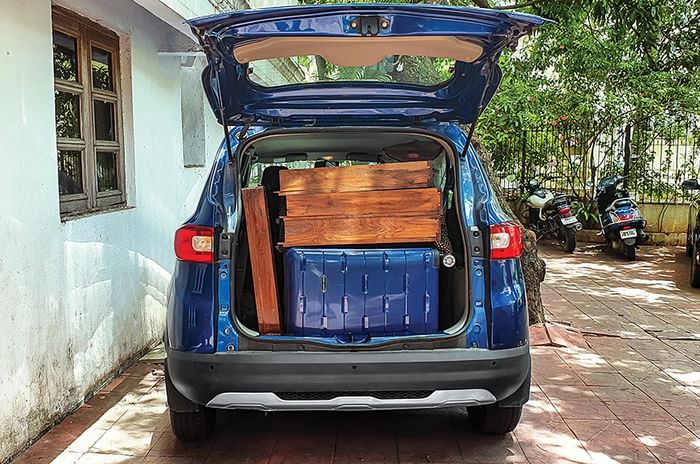
Suffice to say, this was a heavier load than we’d ever subjected it to, certainly more than seven passengers, and the 72hp, 96Nm engine did protest a bit. The jerkiness at low revs was more apparent, it required a fair bit more throttle off the line and on the go, and I definitely couldn’t nurse it around in its weak mid-range, as I normally would.
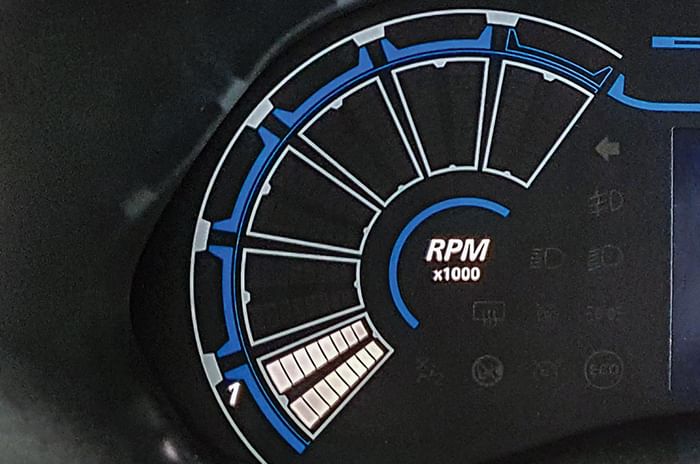
That makes the anticipation for the upcoming 1.0-litre turbo-petrol engine even greater, because as an exercise in space efficiency, the Renault Triber is second to none. It just needs the power to haul whatever you can stuff inside. That said, with social distancing still pretty prevalent, I’m not going to be transporting people any time soon, so I wonder what else I could move around with this compact 7-seater. Stay tuned.


